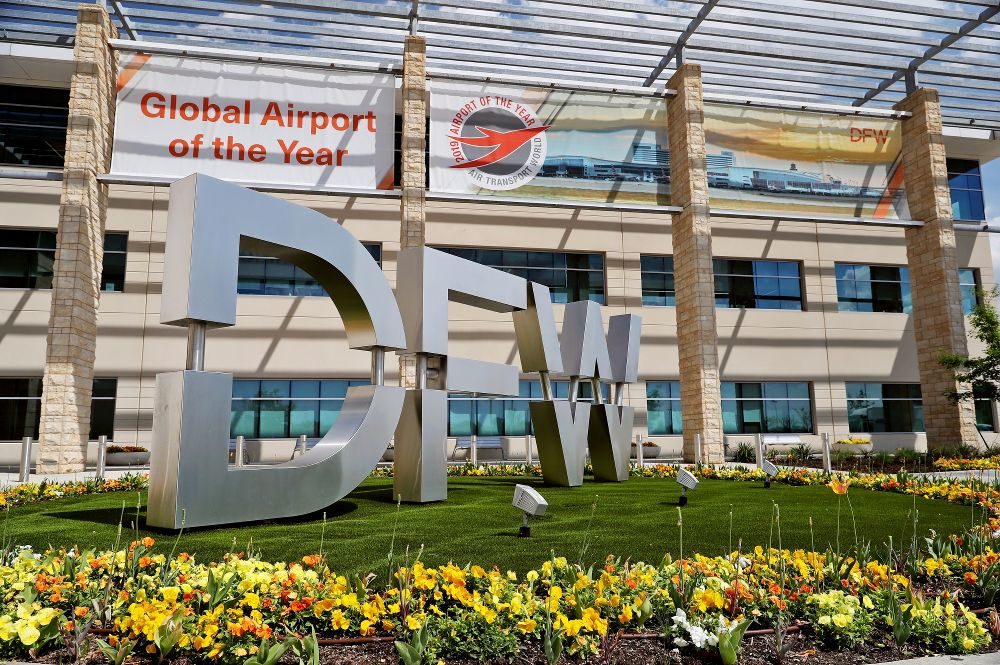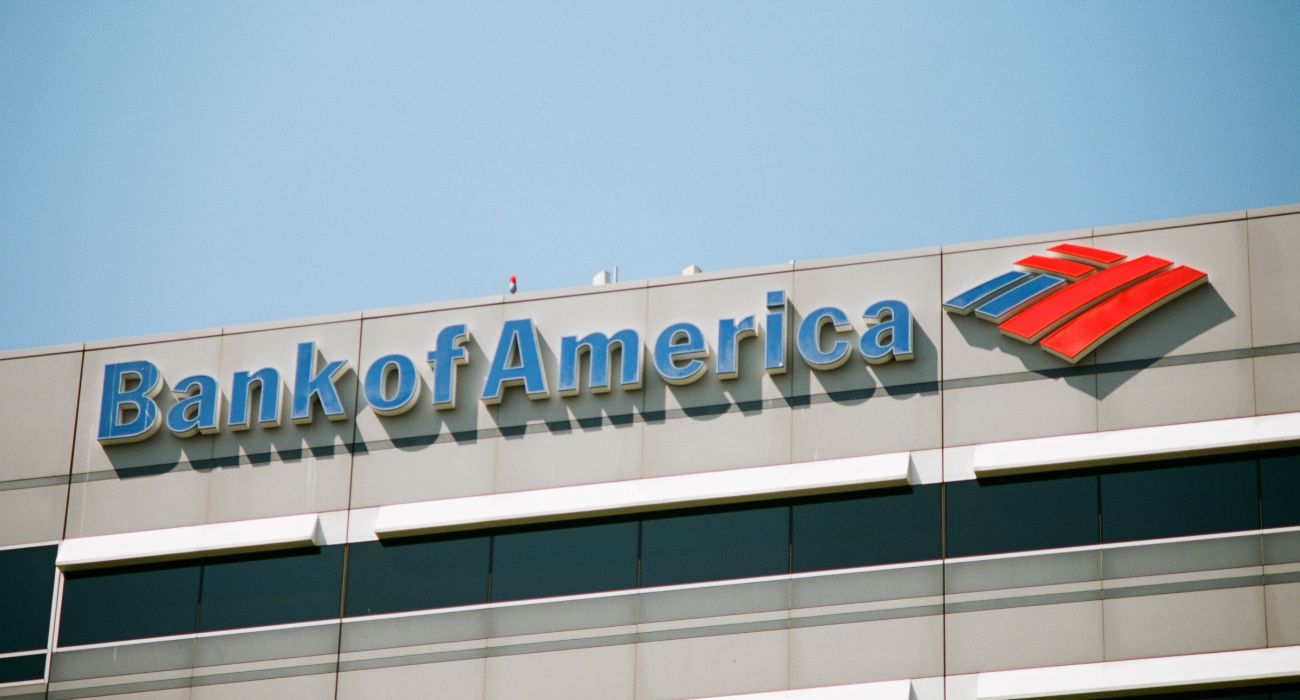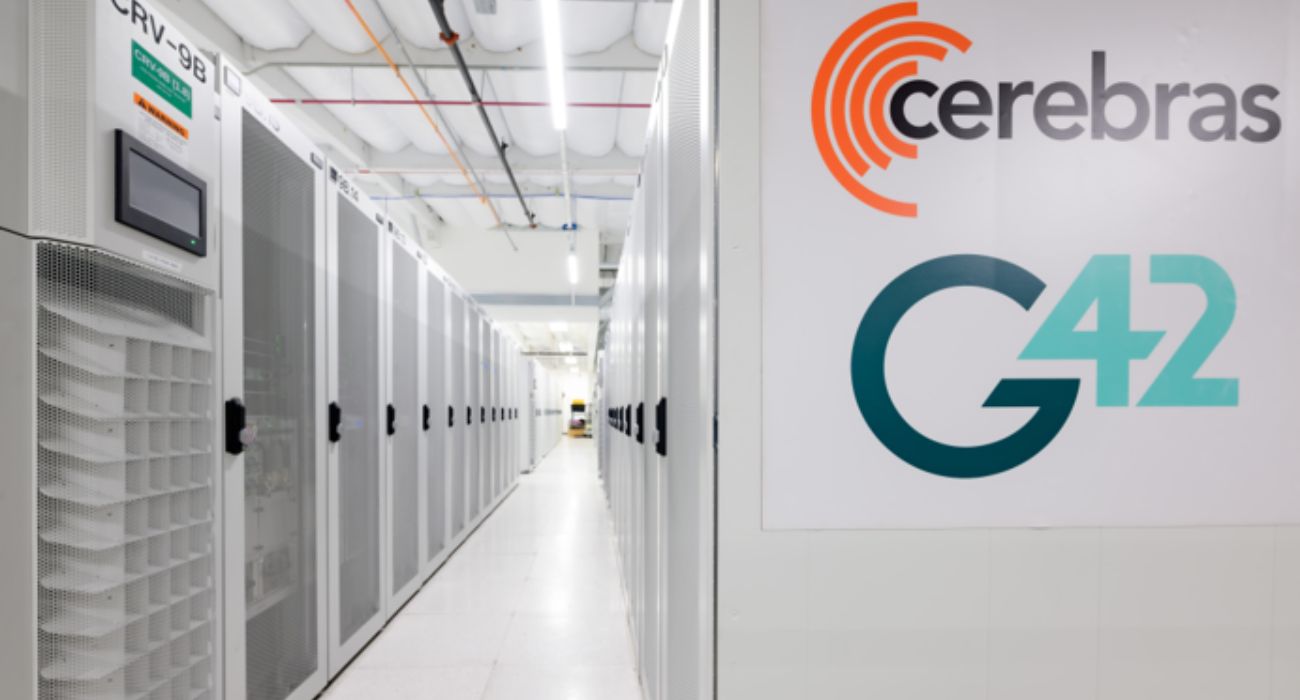The emerging car sharing industry is facing troubles at the busy Dallas Fort-Worth International Airport despite a significant boom in demand after last year when a shortage of new cars severely impacted traditional car rental agencies.
As car sharing companies like tech-startup Turo and GetAround attempt to break into the DFW area market, they face significant pushback from DFW International Airport officials.
Turo filed for an initial public offering in January and operated its business by connecting local vehicle owners with people who are looking to rent a car in their area. The company earns revenue by taking 15-40% of the total rental price plus the cost of insurance coverage when the vehicle owner becomes a host.
After filing a lawsuit against Turo last fall, DFW Airport targets drivers by “towing cars on the spot in parking lots.”
“We have a problem with illegal commercial activities, specifically, professional car renters who own fleets of vehicles and rent cars online and have them delivered here to the airport,” said DFW Airport lawyer Paul Tomme.
Individuals renting out their cars are not licensed by the airport and “don’t pay airport fees,” he said. Furthermore, “they don’t collect state rental car taxes or local rental car taxes and remit them to the state.”
However, car-sharing business owners argue the company is not a rental car business, and their vehicles are on public property that anyone should be able to enter. In addition, they claim DFW airport is trying to protect established car rental companies like Avis, Hertz, and National from competing against car sharing platforms.
While some airports have created a framework for car-sharing companies like Turo and GetAround, neither DFW nor Dallas Love Field supports these services.
However, Dallas Love Field spokeswoman Lauren Rounds stated, “Texas law does not classify peer-to-peer car sharing services as rental car companies.”
“DFW’s attempt to lump the peer-to-peer car sharing community in the same bucket as multibillion-dollar rental car companies and to try to impose fees that are not suited to the Turo business model (which does not involve any on-premises lots or infrastructure) is improper,” said Catherine Mejia, a spokeswoman for Turo. “Fair airport access cultivates consumer choice and the assurance that tourism dollars are going back into residents’ pockets.”
Even with triple the net revenue from the previous year, Turo’s business model continues to operate at a steep loss. GetAround, a competing car-sharing startup, plans to go public through a special purpose acquisition company later this year.






